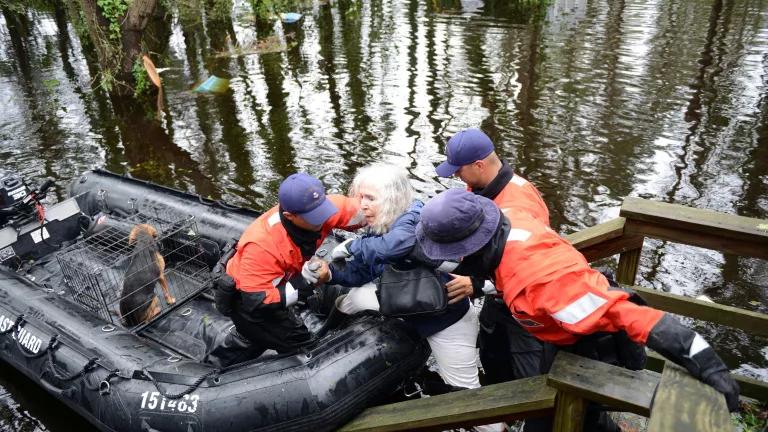The Costs of Inaction: The Economic Burden of Fossil Fuels and Climate Change on Health in the U.S.

Co-authored with Donald De Alwis, Medical Society Consortium on Climate & Health
The climate crisis is a dangerous and costly problem, and it threatens much more than just property values and infrastructure: it’s fueling substantial and sometimes irreversible damage to public health in terms of illnesses, injuries, expensive medical bills, and deaths. A wealth of scientific research indicates that unless we take action, climate change will contribute to an extraordinary rise in a wide variety of health problems and demand for medical care. Climate change is a “threat multiplier” that is worsening existing health and economic burdens, particularly for the most vulnerable among us, including children, low-income communities, and people of color. This is especially worrisome given that more than half of U.S. adults currently report medical financial hardship—that is, the inability to afford medical care, no matter how necessary it is.
In this report, we conclude that the health costs of air pollution and climate change already far exceed $800 billion per year—a yearly bill which is only expected to increase without a stronger societal response to address this crisis. And this price tag most likely vastly underestimates the true total costs of these problems, due to limits in available health data. The large and growing health and financial costs of both fossil fuel-triggered air pollution and climate change are often overlooked. Now is the time to recognize how much these linked problems are costing us.
This report is co-authored by NRDC and the Medical Society Consortium on Climate & Health.



